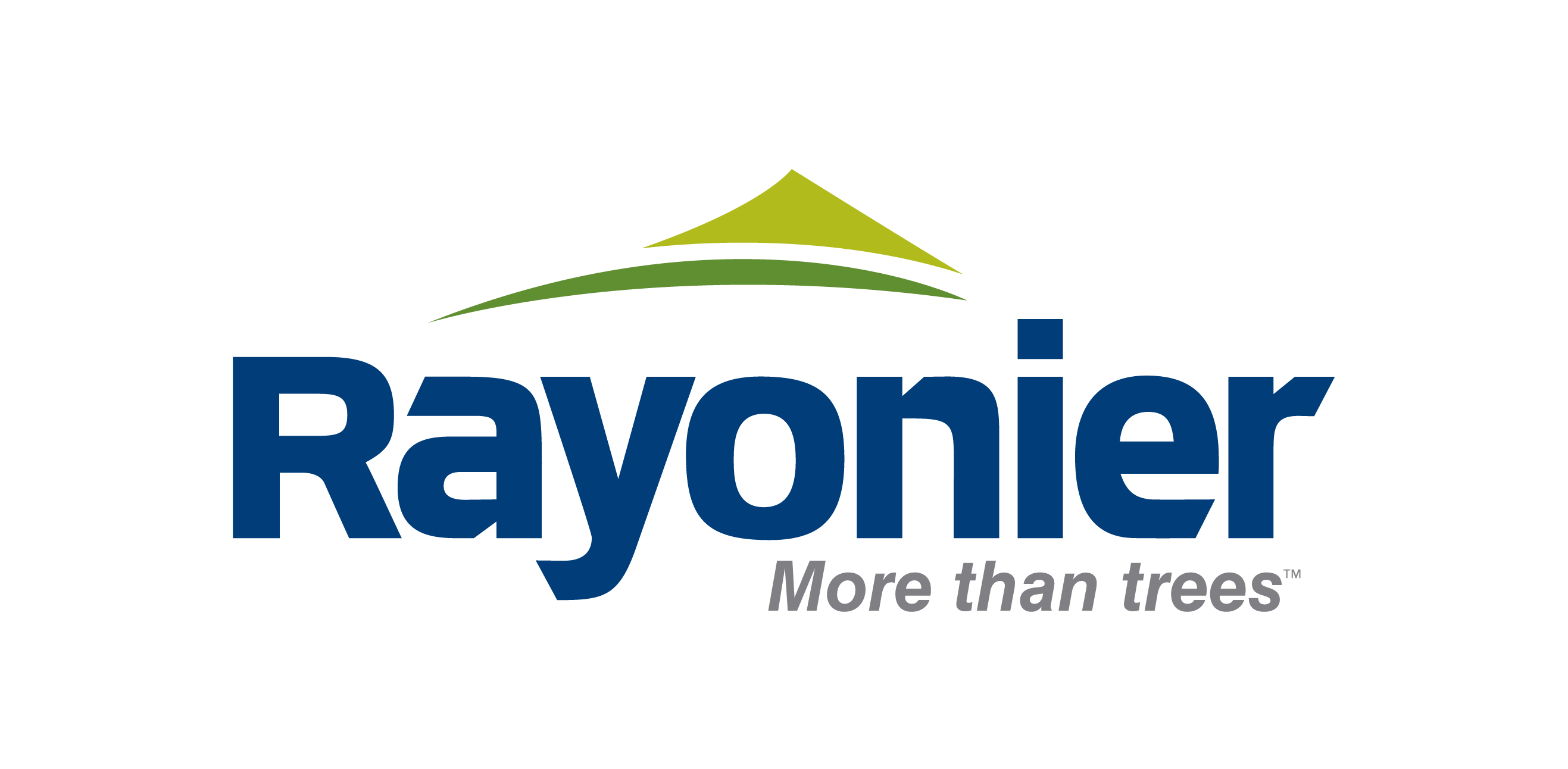Rayonier HR Specialist Opens Doors to More Diversity in Forestry
Ebony Presha’s role is focused on creating greater forestry career awareness and expanding diversity at Rayonier.
Originally published on Rayonier.com.
WILDLIGHT, Fla., April 6, 2023 /3BL Media/ - Ebony Presha recently spent a week at Alabama A&M University talking about forestry with students at the historically Black school.
Many of the bright students the Rayonier Human Resources Specialist met were working on biology or environmental science degrees but didn’t know about corporate forestry as a career path. Most of them hadn’t even heard of Rayonier.
But after talking to Ebony, several applied for the company’s forestry internships and scholarships. Those face-to-face conversations made all the difference.
A Focus on Inclusion and Diversity in Forestry
Ebony’s role at Rayonier is focused on creating greater awareness of forestry career opportunities and expanding diversity within the industry. This is a much-needed change in the industry, she says, because the vast majority of corporate forestry’s employees are white males.
“I’m passionate about attracting underrepresented candidates to forestry,” says Ebony. “As the company becomes more culturally diverse, it becomes more marketable in all areas. And it opens the doors for different ideas and new relationships.”
Ebony has worked in HR for almost 20 years, the last six of which she spent running her own staffing business. She recruited for companies around the U.S., often targeting candidates from underrepresented groups to create more diverse company cultures.
She understands the barriers companies face in expanding diversity.
Raising Awareness About Career Paths Outside the Mainstream
“Students from underrepresented groups–a lot of times their story is more focused on survival,” says Ebony. “You know, ‘Let’s just get the basic education and possibly learn a trade,’ and then that’s it. A lot of it is a lack of information. They don’t have the knowledge of careers outside of the mainstream. Their parents and teachers don’t have the knowledge of these types of careers to present to the students.”
Some students she met on the Alabama A&M trip knew about forestry, but the only career path they’d been exposed to was to work for a government-based forest entity. They didn’t know about the rewarding careers offered in corporate forestry.
Other students wondered how they would pay for graduate school and were excited to hear about scholarship opportunities.
Ebony is happy that students from underrepresented groups seem eager to learn about forestry. But she says it’s also important to create an inclusive environment, one that welcomes people from diverse backgrounds.
An Inclusive Work Environment is Critical for Diversity in Forestry
In her time as a staffing consultant, Ebony saw many companies lose new hires due to less inclusive work cultures.
She says this is an issue the forestry industry needs to continue working on too. Some of the young candidates she’s reached out to have decided not to pursue corporate forestry careers because of negative experiences in internships and entry-level positions.
“One young African-American woman I spoke with was second-guessed, overlooked and even faced comments about her hair,” Ebony says. “She vowed she would never go back into corporate forestry after that.”
Ebony also met a young African-American man who worked in an entry-level position. While working by himself in the woods, he was intimidated by people driving by and yelling racial slurs at him.
While she hasn’t been subject to this kind of work environment, Ebony says she has had to reassure family members that she is safe.
Ebony’s grandmother was worried about her when Ebony toured a Rayonier forest. Her grandmother grew up in the South where she was afraid to be alone in the woods due to racially-motivated violence.
“I told her ‘It’s 2023,'” Ebony says. “But her fear from when she was younger, it still exists today. I didn’t have any fear in the woods–except for snakes. I felt hope in those woods. It’s not the same woods my grandmother knew.”
Hopes for an Industry-Wide Change
Ebony’s hope for the future is that forestry becomes more inclusive for all employees.
“I feel that Rayonier is a leader in diversity and inclusion in forestry,” Ebony says. “I haven’t seen this effort elsewhere. I’m hopeful that in time–because this does take time–that we will see change industry-wide. I hope to be able to say, ‘Wow, there’s so much opportunity for younger, underrepresented communities to come into forestry, learn and make it even better.'”







